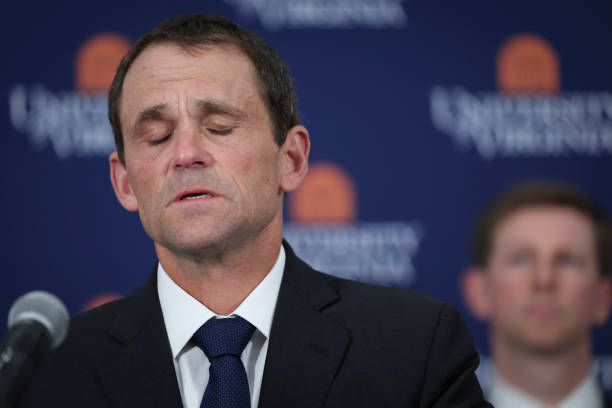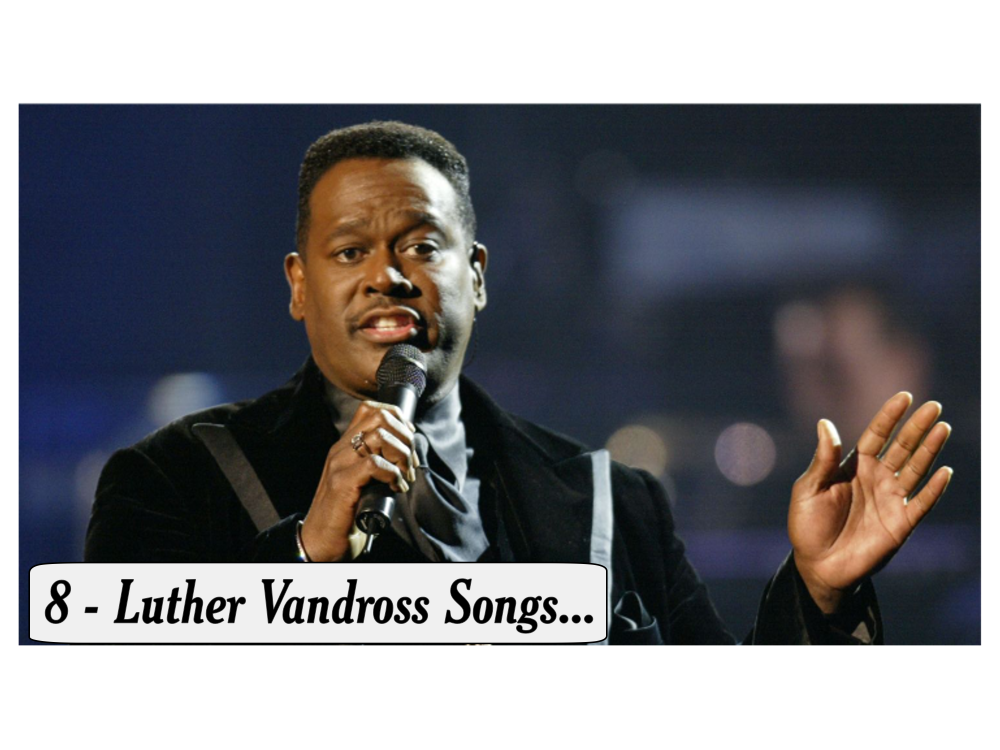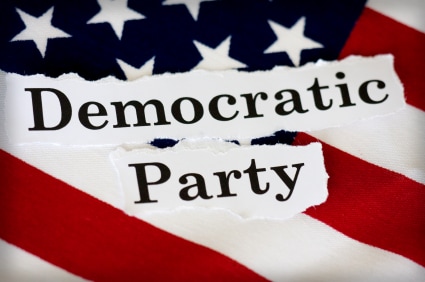(ThyBlackMan.com) Entering the 2020 presidential election cycle several “big ideas” are being tossed around. One of which is abolition of the Electoral College in favor of the popular vote. But, is the Electoral College system “broken” and are there more pressing voting problems we should be addressing?
In the 230 years since the inauguration of George Washington in 1789, there have been four times when the winner of the Electoral College, and the presidency, did not win the popular vote – Rutherford B. Hayes in 1876, Benjamin Harrison in 1888, George W. Bush in 2000 and Donald J. Trump in 2016. Four presidents out of 45 means that the popular vote winner went on to win the Electoral College over ninety percent of the time. While not perfect, 9 out of ten ain’t bad in my book.
Contrast that with the 56.3% turnout in the 2016 presidential election. Hillary Clinton won 65,853,514 votes versus 62,984,828 for Trump. The 56.3% turnout of eligible voters means that over one hundred million votes were left on the table. There have been times in our nation’s history when turnout in a presidential election was as high as 80% and in the recent past has reached over 60%. A ten percent increase in the 2016 turnout would have brought more than 10 million additional voters to the polls, significantly more than enough to erase Trump’s margin of victory if the same voting trends held. Our number one priority should be to get more eligible voters to participate in the 2020 election.
Another big problem is gerrymandering, or manipulating voting districts along racial or partisan lines for political advantage. Columnist George Will pointed out that “in 1976, a majority of house seats were won by 10 points or less. In 2012 most were won by at least 20 points.” He attributed this to “the extent to which representatives now pick their voters rather than voters picking their representatives.” Former Attorney General Eric Holder is leading an effort to reverse the practice of gerrymandering, lessening the effects of drawing state legislative and congressional district lines for political advantage.
The problem that dominated 2016, and has shown no signs of abating, is “cyber” interference in the electoral process. While the focus has been on the Russians, it should not be overlooked that they used American social media platforms i.e. Twitter and Facebook to accomplish their aims. More and more people are getting their news from these platforms which have none of the editorial responsibilities of “mainstream” media companies and where “fake news” easily proliferates. The Trump campaign has already spent more than all of the Democratic 2020 contenders combined on Facebook political ads.
Democrats should pay particular attention to expanding the base and voter suppression. Getting more eligible voters to the polls will increase turnout but the focus should also be on getting more people registered. Democrats also have to guard against Republicans striking eligible voters from the rolls for spurious reasons and the erection of needless barriers to voting. The recently passed House Bill H.R.1 addresses many of these issues including making Election Day a federal holiday.
The Electoral College guarantees that any candidate for President of the United States has to at least make a token effort to campaign everywhere. Without that, candidates could simply roll up large vote totals either on the coasts, or in the middle of the country, while virtually ignoring areas where they are not popular and their message and policies don’t resonate. Diverting time and energy to repeal something that has worked over ninety percent of the time for the past two centuries seems to be a misplaced effort. Anything can be improved, but moving from 90% to 100% is a lot less of a problem than moving from 56% to 100%. We should tell politicians to spend their time where the really big problems and inequities are.
2020 is a crucial election. We should beware of simple solutions proposed for complex problems and losing focus on more important issues. Increasing turnout, decreasing gerrymandering and guarding against foreign and domestic cyber attacks would get us much closer to a fairer election and, hopefully, a result the majority of the country can get behind.
Staff Writer; Harry Sewell

















Leave a Reply